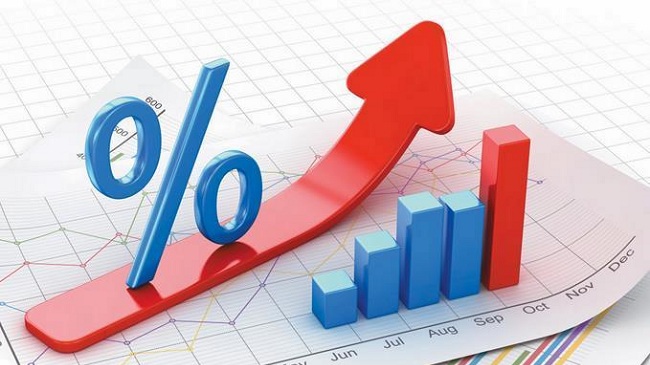Financially, the continent presents limited risks, said a panel of economists convened by the Africa Trade Insurance Agency. The crisis has especially weakened the most fragile, which must be supported as a priority.
Africa is expected to resume growth in 2021, but some countries will not return to their 2019 production levels anytime soon. On the other hand, the risk of default remains limited to a small number of countries and is not expected to spread. to the whole region. This is the sentiment of economists and financial analysts brought together by the African Trade Insurance Agency (ACA).
Manuel Moses, the new CEO of ACA, stressed the importance of partnerships to help African economies revive from the health crisis. For its part, ACA intends to provide increased support to the most vulnerable economies.
The company intends to rapidly increase the number of its members in the coming months. This, with the support of partners such as the EIB (European Investment Bank) and the AfDB (African Development Bank).
Unlike previous economic shocks which mainly impacted countries that supplied raw materials, one of the major characteristics of the impact of the pandemic is that it particularly affected a wider range of countries, including more diversified economies and those depending on the tourism and aviation sectors.
The IMF estimates that it will necessarily be necessary to mobilize $345 billion over the next three years to help countries fully recover from the economic effects of Covid-19. Meanwhile, the G20 Debt Service Suspension Initiative (ISSD) will only provide eligible countries with $6.5 billion until June 2021.
In addition, the myriad of non-traditional sources of financing from the Middle East and Asia further complicate the debt problem.
Vigilance remains essential!
Analysts agree with these predictions, which do not seem surprising to them. Indeed, the countries likely to be the strongest are those which, like Senegal and Uganda, already implemented sound fiscal and monetary policies. While the countries already vulnerable before the pandemic should experience a worsening of their situation, with a degree of debt reaching 60% of GDP in 2020 against 40% in 2015.
In terms of health, vigilance remains in order, even if Africa has avoided a major health crisis. Dr Robert Besseling (Pangea-Risk) noted that, so far, the pandemic appears to have had more impact in North and Southern Africa. However, daily infection rates show that Africa as a whole, including West and East African countries, is clearly in the throes of a second wave.
On the financial side, speakers noted that rating actions have been restricted and concentrated where the risks are greatest and most urgent, ie in the less dynamic countries.
In 2021, six African countries are expected to record gross public debt exceeding 100% of GDP, while overall the debt burden is expected to increase and then stabilize above 60% of GDP by 2022.
The most vulnerable countries are well known to the markets and were already experiencing problems before the pandemic. Given the isolated nature of current defaults, the general trend shows no threat of regional spread or contamination.































